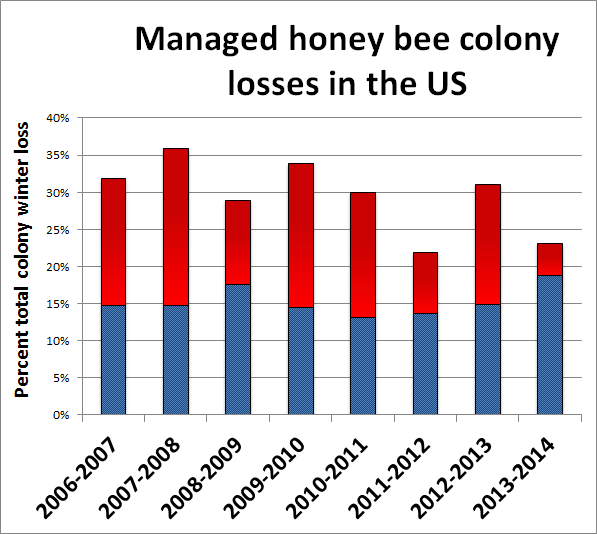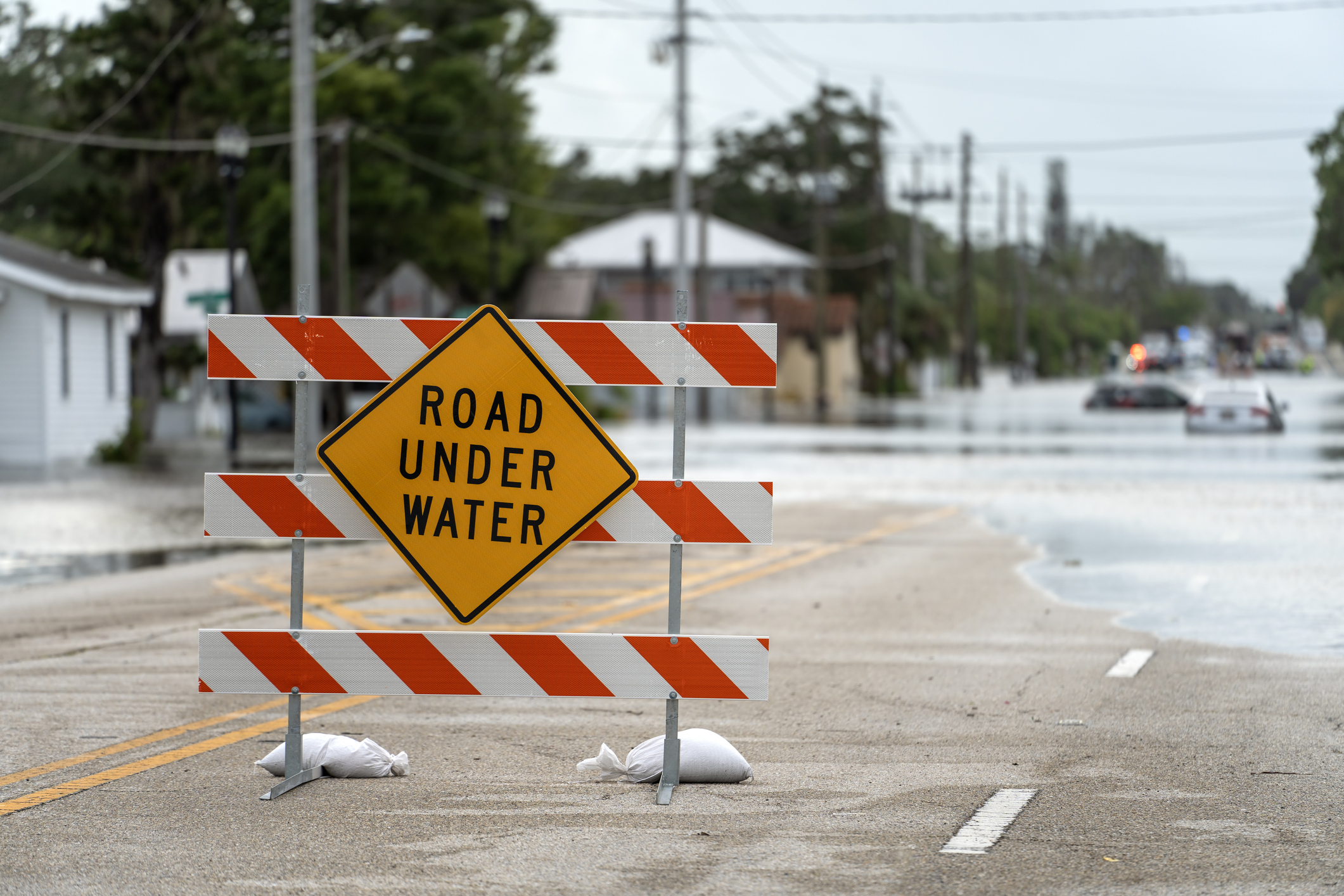Environmental policy provides numerous examples where trendy politics and ignorance trump sound science. The City of Seattle's latest action to protect honeybees is just the latest example.
Taking a step called "very conservative," the City of Seattle announced it will no longer use a class of pesticides called neonicitinoids. The resolution, which is boilerplate language from other cities, claims:
An independent review of more than 800 scientific studies concluded that neonicotinoids are causing significant damage to a wide range of beneficial invertebrate species and are a key factor in the decline of bees.
None of that, however, is true.
As a beekeeper, I've paid attention to the question of neonics from both a policy and personal standpoint. I had never seen any science calling neonics a "key factor" in honeybee decline. I asked Councilmember Mike O'Brien's office to provide the study cited in the resolution.
The Councilmember's office sent this study on "the risks of neonicotinoids" to honeybees and other insects. That study, however, draws no conclusions on the impact on honeybees, admitting:
Limited field studies with free-living bee colonies have largely been inconsistent and proved difficult to perform, often because control colonies invariably become contaminated with neonicotinoids, or there is a lack of replication in the study design, all of which demonstrates the challenges of conducting such a study in the natural environment.
Put simply, no scientific conclusions can be drawn about the impact of neonics to honeybees in the real world.
When I pointed this out to Councilman O'Brien's office, they apologized and sent a different study. Early on, that study notes:
No single cause for high losses has been identified, and high losses are associated with multiple factors including pesticides, habitat loss, pathogens, parasites and environmental factors.
Far from supporting the claim that neonics are a "key" factor in decline, the study recognizes a wide range of risks, with no single cause being highlighted. This is consistent with findings by the EPA and others who have examined honeybee colony loss.
The study highlights one type of exposure, where neonics can cause honeybee death related to application to corn. The study notes, however, that changes have been made to application to reduce the risk to bees. Farmers, who often pay for hives to pollinate their crops, are unlikely to be glib about killing bees that do them so much good.
The study also lists studies showing potential impact to bees and other studies that question those results.
Ultimately the studies sent by Councilman O'Brien's office actually undermine the claim that neonics are a "key" factor in honeybee decline. When presented with evidence that their science was wrong, the City Council didn't change their politics, they found different science or ignored the science they had.
Real world experience further undermines the claim about the impact of neonics.
As the resolution notes, the European Union banned the use of neonics. Have honeybees recovered on those areas? No. The ban didn't help the bees, indicating they weren't the cause of the decline.
 Additionally, the resolution notes the "United States Geological Survey has highlighted the growing use of neonicotinoids in the United States." During that time, however, honeybees have actually been recovering.
Additionally, the resolution notes the "United States Geological Survey has highlighted the growing use of neonicotinoids in the United States." During that time, however, honeybees have actually been recovering.
BeeInformed, a project supported by the U.S. Department of Agriculture, surveys beekeepers across the country to look at the trend of colony loss. The overall trend of colony loss downward and last winter saw the smallest gap between "acceptable" losses represented by the blue bar, and actual losses, in red. If neonics were a "key" factor in honeybee decline, one would expect to see the trend moving in the other direction. The real world simply isn't cooperating with the political claims made by the City of Seattle.
When pressed on these issues, politicians respond that it is better to be safe than sorry, which is just a backhanded admission that science doesn't support their policy.
Worse, the city's approach encourages ignorance. Politicians who want a certain, unscientific policy can simply say "since we don't know, I get to determine what is safe." The less knowledge there is, the more latitude politicians have to make emotionally satisfying decisions.
As a beekeeper, I don't have the luxury of allowing ideology to trump the real world. If I decide that neonics are the "key" cause of colony collapse and I ignore other, more serious, risks (like bee-killing varroa mite or other diseases), my hives will die. Politicians, on the other hand, don't pay those costs and are actually rewarded for taking simplistic, ideological positions.
Honeybees won't benefit from Seattle's decision. Politicians, however, will hope to reap the rewards of this latest, unscientific environmental policy.


